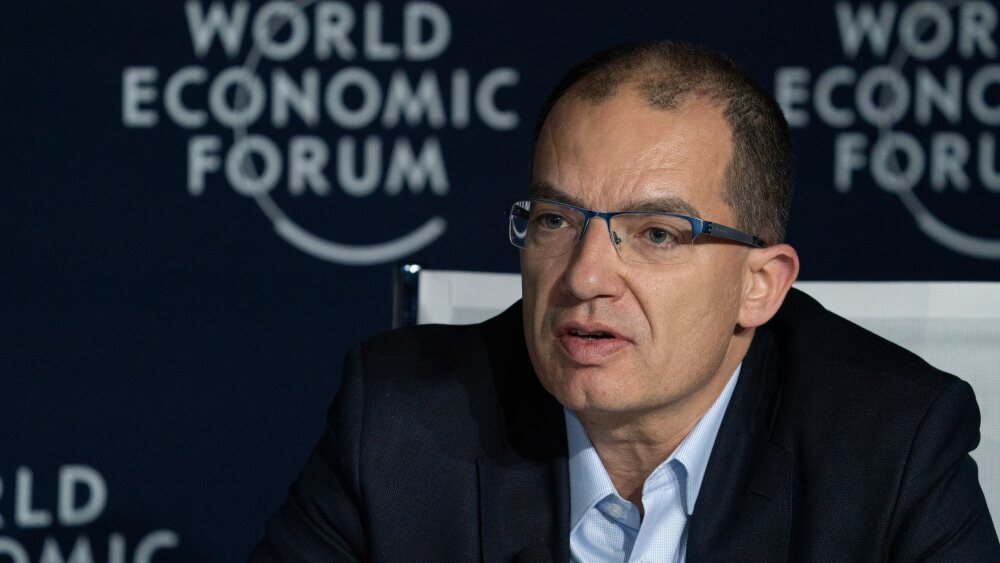French artificial heart maker Carmat announced Tuesday that it had successfully implanted its Aeson artificial heart into the chest cavity of a 57-year-old woman.
End-stage heart failure patients, particularly female patients, may just have a new lease on life ahead as French artificial heart maker Carmat announced Tuesday that it had successfully implanted its Aeson artificial heart into the chest cavity of a 57-year-old woman.
“This 3rd implant in the U.S. was a landmark event not only because it allowed us to finalize the enrollment of the first cohort of patients of the EFS, but very importantly because it is the first time ever that our device has helped a woman suffering from heart failure. This achievement confirms that the size limitations for adults are minimal, which makes us very confident in Aeson’s potential to become a therapy of choice for a broad patient population,” said Carmat Chief Executive Officer Stéphane Piat.
What once seemed like science fiction now appears to be on the cusp of reality. Cases like this one point to the future, where bioprosthetic hearts could one day be a therapeutic alternative for patients with end-stage biventricular heart failure.
Paris-based Carmat is developing what it says is the world’s first physiological artificial heart that is highly hemocompatible, pulsatile and self-regulated. The company implanted the first Aeson artificial heart in its U.S.-based clinical trial on July 15 at Duke University Hospital. Today’s recipient is the third individual and first woman to receive what the company calls the world’s most advanced total artificial heart. The implantation was performed by a team of surgeons led by Dr. Mark S. Slaughter, professor and chair of the cardiovascular and thoracic surgery department at the University of Louisville and UofL physician at Jewish Hospital in Louisville, Ky.
The study’s primary endpoint is patient survival at 180 days post-implant or successful cardiac transplantation within 180 days of the implant. A total of 10 transplant-eligible patients are expected to be enrolled in the trial.
Carmat’s ultimate aim is not only to buy time but also to make Aeson the first alternative to a heart transplant, noting that these can be hard to come by due to a shortfall in available human grafts.
Slaughter also spoke to the importance of today’s milestone.
“The Aeson artificial heart is compact enough to fit inside smaller chest cavities, more frequently found in women, which gives hope to a wider variety of men and women waiting for a heart transplant and increases the chances for success,” he said, adding that his department continues to be impressed by the performance of the device.
The bioprosthetic offers patients waiting for heart transplants a better quality of life. The Aeson weighs 4 kilograms and is powered by two battery packs that provide approximately four hours of charge time before it has to be connected to a main power supply. It consists of sensors that detect blood pressure, thus allowing an algorithm to control blood flow in real-time.
In December 2020, Carmat received a CE marking for the Aeson, allowing the company to market it in the EU as a bridge to a transplant. The only artificial heart approved for use in the U.S. is SynCardia’s Temporary Total Artificial Heart (TAH), which has a “fixed beat” rather than autonomously adjusting to the patient’s physical activity.
Market research firm IDTechEx projects that the cardiovascular disease technology market will be worth more than $40 billion by 2030.






